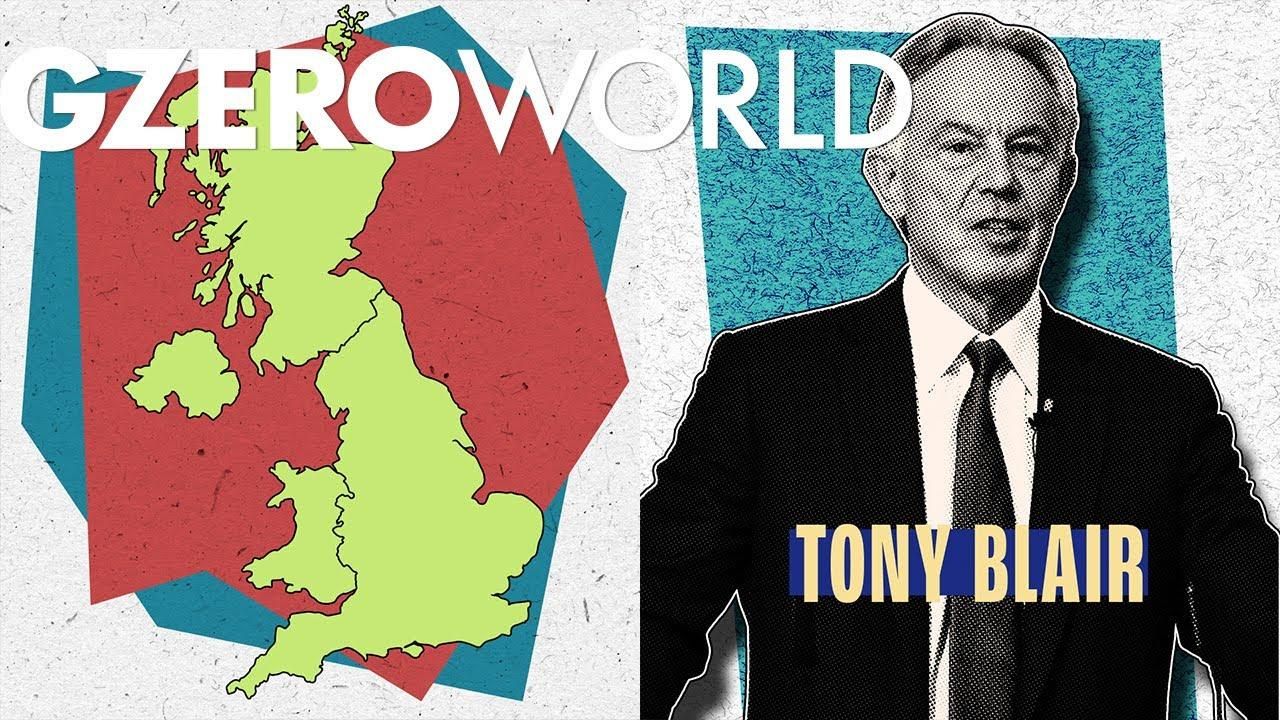GZERO World Clips
Tony Blair: 3 challenges will define geopolitics in the near future

Tony Blair: 3 Challenges Will Define Geopolitics in the Near Future | GZERO World

Over 48 hours in early September, the United Kingdom got a new prime minister and a new monarch. Liz Truss and Charles III take over at a turbulent time in British politics: UK is suffering from a stagnant economy, sky-high energy prices aggravated by Russia's war in Ukraine, more Brexit fallout with the EU over the Northern Ireland protocol, and Scots demanding a fresh independence vote.
(Note: This interview appeared as part of an episode of GZERO World with Ian Bremmer, Upheaval in UK: the sobering challenges facing new PM Truss & new King Charles III, on October 3, 2022, prior to Liz Truss' resignation as prime minister.)
In an in-depth interview for GZERO World, Ian Bremmer talks about all of these issues with former prime minister Tony Blair, who recalls what it was like to meet Queen Elizabeth II for the first time. (His first impression: deep respect for her historical experience.)
To those who view the monarchy as an outdated institution, he says: don't worry, it's (pretty) safe. How about the economy? Blair believes there will be a lot of uncertainty over the next year or two if Truss insists on big tax cuts and big borrowing.
Blair, who wanted UK to remain in the EU, doesn't think Brexit will end up fragmenting the country. But he admits Brexit has given fresh impetus to both Scottish nationalists and those who want a united Republic of Ireland.
For Blair, three challenges will define geopolitics in the near future: the Western relationship with China, making democracy more effective, and harnessing the tech revolution. How can we address them? “We need to return to the center to match challenges that'll be more practical than ideological,” he says.
In this "ask ian," Ian Bremmer analyzes Trump’s recent meeting with Zelensky and how close (or far) Russia and Ukraine are from a peace deal.
Syrian President Ahmed al-Sharaa attends the military parade of the Syrian army in Umayyad Square in central Damascus to mark the one-year anniversary of the fall of the Assad regime, on Dec. 8, 2025.
A year ago this month, Syria’s brutal dictatorship collapsed. There are signs of recovery, but sectarian violence threatens to undermine the optimism.